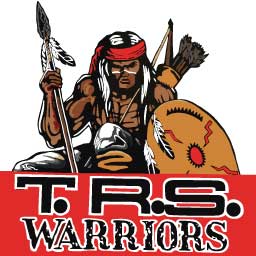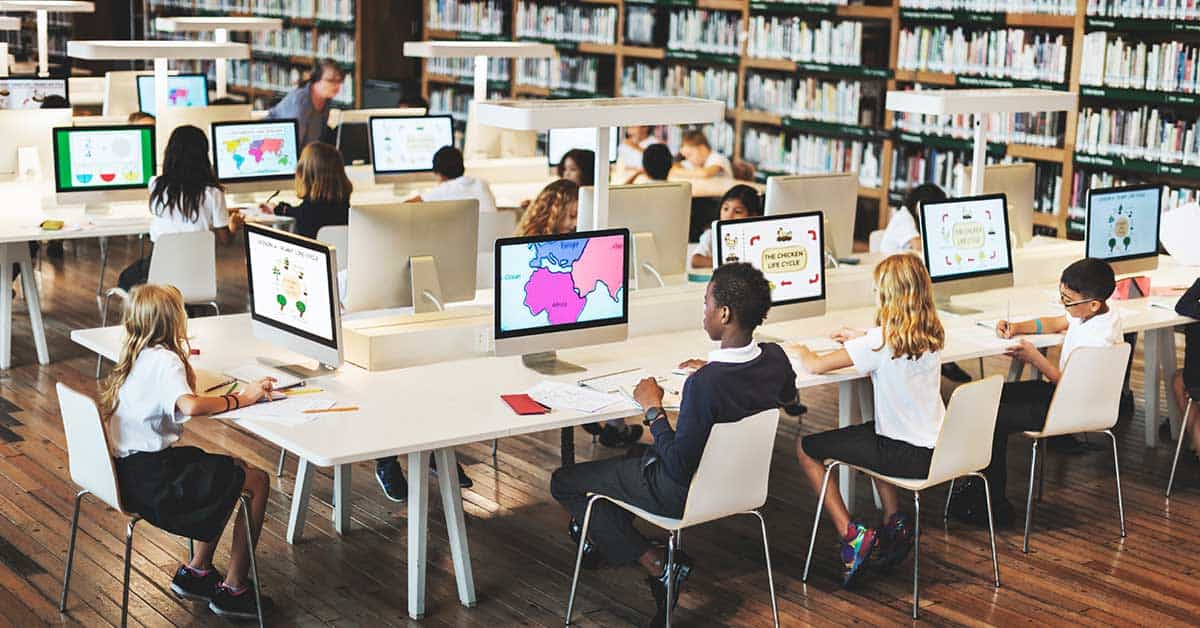Table of Contents
Importance of Digital Literacy
Discover the essential skills needed for students to thrive in the digital age. – What is digital literacy? It refers to the ability to effectively and critically navigate, evaluate, and create information using digital technologies. – Why is it important? Digital literacy is crucial for academic success, career readiness, and responsible citizenship in a technology-driven world. – How can you improve it? Engaging in online courses, practicing digital tools, and utilizing educational resources can enhance your digital literacy skills.
Digital Literacy
In an era where technology influences almost every aspect of our lives, digital literacy is no longer a luxury but a necessity. It’s more than just being able to use a computer or smartphone; it’s about critically engaging with digital content and understanding the ethical implications of our digital footprints. As we navigate the digital age, understanding why digital literacy is essential for students becomes crucial. This isn’t just an academic exercise it’s a survival skill for the 21st century.
What is Digital Literacy?
Digital literacy encompasses the ability to access, analyze, evaluate, and create information using digital technology. It extends beyond simple computer skills to include the capacity to discern the credibility of information, understand the ethics of digital communication, and engage responsibly on social media platforms. For instance, when I first started using the internet, I was overwhelmed by the sheer amount of information available. It wasn’t until I learned to critically evaluate sources that I could navigate effectively.
According to a Pew Research Center report, nearly 90% of Americans now use the internet. However, access does not equate to literacy. Students need to be taught how to sift through the noise to find credible sources and understand the implications of sharing information online. It’s similar to learning to read and write; it’s not enough to know the letters you need to understand how they come together to form meaningful content.
Insider Tip:
“Digital literacy is not about mastering every tool or platform but about understanding the principles of critical thinking, ethical participation, and informed decision-making in digital environments.” Sarah Johnson, Digital Literacy Expert
Why is Digital Literacy Important?
The importance of digital literacy cannot be overstated, particularly for students. In an educational context, digital literacy is crucial for academic success. With the advent of online learning platforms and digital resources, students who are not digitally literate may fall behind. I experienced this first-hand when I transitioned to an online learning environment. Initially, I struggled to manage digital resources, but once I developed my digital skills, my academic performance improved significantly.
Moreover, digital literacy is vital for future employment. Many jobs now require digital skills, and employers expect candidates to be proficient in using technology. According to a report by the World Economic Forum, 65% of children entering primary school today will work in jobs that do not yet exist, most of which will require digital literacy. This statistic alone underscores the necessity of equipping students with these skills.
Insider Tip:
“Employers are increasingly seeking candidates who not only possess technical skills but also the ability to adapt and learn new technologies quickly. Digital literacy is the foundation of this adaptability.” Tom Harris, Human Resources Consultant
What are the Components of Digital Literacy?
Digital literacy is multifaceted, encompassing various components that together form a comprehensive skill set. These include:
- Technical Skills: The ability to use computers, smartphones, and other digital devices.
- Information Literacy: Understanding how to locate, evaluate, and use information effectively.
- Digital Communication: The ability to communicate effectively using digital tools and platforms.
- Ethical Use: Understanding the ethical implications of digital interactions, including privacy and security.
- Media Literacy: The ability to critically evaluate the media and understand its impact on society.
Each of these components is crucial in helping students navigate the digital world. For instance, when I first began using social media, I wasn’t aware of the ethical implications of sharing personal information online. It was only after learning about digital ethics that I became more cautious about my online presence.
Insider Tip:
“Think of digital literacy as a toolbox. Each component is a tool that can help students construct their digital lives. Missing a tool can make the job much harder.” Emily Rose, Educational Technologist
How Can I Improve My Digital Literacy?
Improving digital literacy requires a proactive approach. Here are some effective strategies:
- Engage in Online Courses: Platforms like Coursera and edX offer courses on digital skills and media literacy. I found a course on digital communication that drastically improved my ability to convey ideas clearly online.
- Practice Critical Thinking: Apply critical thinking to all digital interactions. Question the motives behind the information you encounter and verify facts before accepting them as true.
- Stay Updated: Technology evolves rapidly. Stay informed about the latest developments and trends in digital technology.
- Participate in Workshops: Many communities offer workshops focused on enhancing digital skills. Participating in these can provide hands-on experience and practical knowledge.
- Utilize School Resources: Schools often provide resources and workshops to help students improve their digital skills. Dont hesitate to take advantage of these opportunities.
For more structured guidance, exploring digital literacy programs within educational curriculums can be beneficial. The article on Computer Lab Curriculum provides insights into how schools are integrating these essential skills into their teaching strategies.
Insider Tip:
“Improvement in digital literacy is a continuous journey, not a destination. Keep exploring, learning, and adapting to new digital environments.” Mark Lee, Digital Training Specialist
What are Some Examples of Digital Literacy?
Digital literacy can manifest in numerous ways, depending on the context. Here are some examples:
- Research Projects: Students use digital tools to gather and analyze data for assignments. I recall a project where I used online databases to source articles, enhancing my research skills.
- Social Media Engagement: Understanding how to responsibly engage on social media platforms is a critical aspect of digital literacy. This includes knowing how to protect personal information and understanding the potential consequences of online interactions.
- Digital Content Creation: Creating blogs, videos, or podcasts requires digital literacy. It involves not only technical skills but also the ability to communicate effectively and ethically.
- Online Collaboration: Platforms like Google Workspace and Microsoft Teams facilitate collaborative work. Being digitally literate means knowing how to use these tools efficiently to work with others.
- Cybersecurity Awareness: Knowing how to protect oneself from online threats is an integral part of digital literacy. This includes understanding how to create strong passwords and recognize phishing attempts.
These examples illustrate that digital literacy is not a singular skill but a collection of competencies that enable individuals to function effectively in a digital world. For students, these skills are crucial not only for academic success but also for personal and professional development.
Insider Tip:
“Every digital interaction is an opportunity to practice digital literacy. Approach each one with curiosity and a critical eye, and you’ll continue to grow your skills.” Lisa Tran, IT Educator
Conclusion
In conclusion, digital literacy is an essential skill set for students navigating the digital age. It’s not just about using technology but understanding and engaging with it critically and ethically. As educators and mentors, we must prioritize teaching these skills to prepare students for a future where digital proficiency is paramount. Whether it’s through formal education or personal exploration, investing in digital literacy will pay dividends in the form of academic success, career readiness, and informed citizenship. As we continue to embrace the digital world, let us do so with a commitment to cultivating a digitally literate society ready to face the challenges and opportunities of the future.
FAQs
Q.Why is digital literacy important for today’s students?
A.Digital literacy equips students with essential skills for success.
Q.What skills does digital literacy encompass for learners?
A.It includes critical thinking, online research, and safe internet use.
Q.How can students improve their digital literacy skills effectively?
A.Students can improve by taking online courses and practicing daily.
Q.Who benefits from enhanced digital literacy skills in education?
A.Both students and educators benefit from improved digital literacy skills.
Q.What challenges do students face in becoming digitally literate?
A.Many students struggle with misinformation and navigating technology.
Q.How can parents support their children’s digital literacy journey?
A.Parents can encourage responsible online behavior and provide resources.




